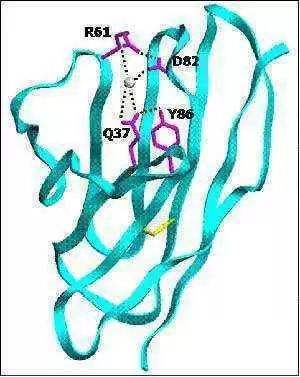
Celiac.com 05/28/2012 - Two researchers recently conducted an assessment of the contribution of celiac disease autoantibodies to the disease process.
 The researchers were Katri Lindfors, of the Pediatric Research Center, University of Tampere & Tampere University Hospital and Katri Kaukinen, affiliated with both the School of Medicine, at the University of Tampere, and the Department of Gastroenterology & Alimentary Tract Surgery at Tampere University Hospital, both in Tampere, Finland.
The researchers were Katri Lindfors, of the Pediatric Research Center, University of Tampere & Tampere University Hospital and Katri Kaukinen, affiliated with both the School of Medicine, at the University of Tampere, and the Department of Gastroenterology & Alimentary Tract Surgery at Tampere University Hospital, both in Tampere, Finland.
Celiac.com Sponsor (A12):
The protein transglutaminase 2 is a multifunctional protein that plays a role in cellular adhesion.
Moreover, transglutaminase 2 has been identified as the auto-antigen in celiac disease, and in untreated celiac disease. In addition to being present in the serum, the transglutaminase 2-targeted autoantibodies are bound to their antigen in the basement membrane underlining the small-bowel mucosal epithelium.
Furthermore, studies have shown that disease-specific transglutaminase 2-targeted autoantibodies have a range of biological effects on different cell types.
By using Caco-2 intestinal epithelial cells, Lindfors and Kaukinen show that serum transglutaminase 2-targeted autoantibodies from untreated celiac patients inhibit the adhesion of these cells.
These results offer an important direction for future research to improve the basic understanding of celiac disease pathogenesis, and especially how disease-specific autoantibodies function as the disease progresses.
Source:
- Open Original Shared Link






Recommended Comments